What ingredients of animal origin are in your cosmetics?
In the field of beauty and personal care, more and more consumers are concerned about the origin and composition of the products they use and the popularity of vegan cosmetics is on the rise.
But what is vegan cosmetics? Why choose vegan products rather than traditional products? What animal ingredients should you avoid in your beauty products? Here's everything you need to know about this ethical and animal-friendly alternative.
Wait, is there pork in my cream?
Well, you perhaps didn't know that there is as much pig gelatin in your pot of night cream as in your lasagna this afternoon. Sorry, but I'm going to have to break a little glamor for a good cause, that of our companions on this planet: animals.
Have my beauty products caused the suffering or death of an animal?
The viral videos showing slaughterhouses have opened our eyes: what is happening behind the scenes of our supermarkets is not very pleasant, and this concerns not only the food aisle but also the cosmetics of the conventional industry which use components doubtful of animal origin, most often because their plant alternative is more expensive.
So how do you know?
Here is a summary of what you need to remember to choose your care correctly and, above all, with full knowledge of the facts.
Cruelty-free or vegan cosmetics: what is the difference?
When we talk about vegan or vegan cosmetics, the term “cruelty-free” is never far away and it’s easy to confuse them.
A “cruelty free” product is a product that has not been tested on animals. This is not really a revelation in itself, because since 2013, in France, it has been forbidden to use animals for cosmetic testing purposes.
However, there is a catch! Most major international brands now sell their products in China, a very lucrative market due to the number of potential customers and their appetite for cosmetics.
China is a very protected country which requires brands to register their products before being able to import them and to carry out numerous tests, including animal tests. Therefore, any brand that chooses to market its products in China cannot guarantee internationally that its products are not tested on animals. Under pressure from Western brands which suffer from a bad reputation due to these tests, things have changed but it still remains very vague.
But (because there is still a but) a product can be cruelty free without being vegan and therefore containing ingredients of animal origin.
In addition, no regulations require the mention of the origin of ingredients on products. For example, glycerin can be made from animals or plants and is not required to indicate this on the label. Even if we can assume that if nothing is specified, it is not a good sign...
Several labels, present on product packaging, ensure that a cosmetic is both vegan and cruelty-free, while other labels are limited to certifying that beauty products are not tested about animals.
Cruelty Free Labels


In summary, cheap product + ingredient without mention of "plant origin" = high probability of buying a meat-based treatment... Tasty!
Here are some examples of animal-derived ingredients commonly used in cosmetics (full list further down in the article):
Why choose vegan cosmetics?
Opting for vegan cosmetics has several benefits for your skin, your health and the environment.
Here are some of the main benefits of these ethical and natural products:
Respect for animals and the environment
Choosing vegan cosmetics means choosing responsible consumption that is respectful of living beings and our planet. By eliminating the use of ingredients of animal origin and favoring non-polluting production methods, you help to reduce animal exploitation and suffering, as well as the ecological impact of the cosmetic industry.
Natural ingredients beneficial for the skin
Vegan cosmetics often use plant-based ingredients known for their benefits for the skin. You will frequently find vegetable oils, plant extracts or floral waters in their composition. These natural elements provide softness, hydration and protection to your skin without damaging it.
Increased safety and tolerance for your health
Vegan cosmetics generally have a simpler and more natural composition than conventional products. Therefore, they present less risk of allergies or irritation for sensitive skin, while still being effective. Additionally, they are often formulated without controversial substances such as parabens, silicones, phthalates or mineral oils.
Ingredients of animal origin: how to tell the difference?
There are 2 types of ingredients : those that are “extracted” from the bodies of animals and require their death (😔), and those that are “produced” by animals.
Cosmetics with organic labels, such as Cosmebio or Ecocert, guarantee that the ingredients of animal origin have not caused death and therefore belong to the 2nd category, i.e. they are vegetarian.
With the notable exception of the red pigment from cochineal, a small insect crushed to extract its color, which is still authorized organically!
1 – Components extracted from animals
. Animal fats (also called "tallow")
Obtained from pork or beef, they are commonly used in soap making due to their lower cost than olive oil.
INCI list: Tallow acid, Sodium Tallowate, Oleic acid, Oleyl stearate, Stearic acid, Palmitic acid, all ingredients containing "tallow", "oleic", "oleyl", "stear", "lard" and "lardate", quaternium -18
. Gelatin
A substance derived from the skin and bones of animals (often pigs) and present, among other things, in toothpaste.
INCI List: Gelatin, Gelatine, Gelatina
. Collagen and elastin
Two protein fibers made from animal carcasses or fish skin that are used in anti-wrinkle creams because of their supposed moisturizing properties for the epidermis.
INCI list: Collagen, Hydrolyzed collagen, Sus (skin) extract / Elastin, Elastinate, Hydrolyzed elastin
. Fish oils
Rich in omega 3 and with softening and anti-inflammatory properties, they are found in certain products for the face and hands.
INCI list: Fish oil, Fish glycerides, Piscum lecur oil, Pisces extract, Piscum
. Glycerin
It is a component of porcine or bovine fats present in most cosmetics due to its moisturizing properties. It can be of animal, plant or synthetic origin. If there is no specification, there is a good chance that it comes from animals.
INCI list: Glycerin, Glycerol
. Keratin
A protein mainly derived from the hydrolysis of animal nails, hair and feathers that is used in hair products.
INCI list: Keratin, Hydrolyzed keratin
. Mink oil
Extracted from mink fat and is appreciated for its nourishing properties. However, there are many vegetable oils with similar properties!
INCI List: Mink Oil
. Silk protein
Used in cosmetics for its properties. It is present in many hair products, including coloring. To make silk, silkworms are boiled alive in their cocoon in order to recover them without damaging them.
INCI list: Hydrolyzed silk, anything containing "silk", bombyx, fibroin, serica, sericin
. Musk
It is found in most perfumes without really knowing its origin, it is in reality extracted from the abdominal glands of civets, beavers, deer, deer or sperm whales, which all secrete odorous substances. An unnecessary cruelty given the existence of completely vegan perfumes. Fortunately, most musks used in perfumery are now synthetic.
INCI list: ambergris, musk
. Squalane
It is a moisturizing agent derived from shark liver and which contributes to overfishing.
INCI list: Squalane, Squalene, Pentahydroxysqualene, Squali lecur oil
. carmine
A red dye used in lipsticks, obtained from crushed mealybugs.
INCI List: Carmine, Carmine, CI 75470
. Chitosan/chitin/chondroitin
extracted from the shell of crustaceans or the cartilage/scales of fish, is used as a hair fixative.
INCI List: Chitosan, Chondroitin
. Guanine
Used to give a shiny effect to cosmetics, it is found in eye shadow, highlighters, nail polishes and lacquers. It can be obtained from bird droppings, but also from fish or snake scales.
INCI list: guanine, CI 75170
2 – Ingredients of animal origin
. Allantoin
Present in snail slime, is used for its restorative properties.
INCI list: Allantoin, everything that contains “snail”
. Milk and its derivatives
Whether they come from cows, donkeys, mares, goats, etc., these are used as moisturizers and pH correctors, and form the basis of many soaps and facial products. However, it is important to note that lactic acid is most often of plant origin.
INCI list: Whey/lactis protein (milk protein), Lactis lipida (milk fat), Milk protein, Lactose, Sodium caseinate
. Eggs
Are used, among other things, in egg shampoos.
INCI list: Ovum, Ovum powder, Egg, Egg powder, anything containing "albumin", ovotransferrin
. Lanolin
Sebum which protects the wool of sheep and sheep, it is used in particular in glosses, lip balms and to prevent chapping linked to breastfeeding.
INCI list: anything containing "laneth", "lanolate" or "lanolin", isoalkil acid, pentaerythrityl tetraundecylenate
. Bee products, such as honey, beeswax, royal jelly or propolis
They are known for their multiple moisturizing and anti-bacterial properties.
INCI list: Honey, Honey, Albumen, Beeswax, Cera alba, Cera flava, Propolis, Royal jelly
It is also important to pay attention to the choice of makeup brushes and hairbrushes , which are often made with boar bristles. Therefore, choose synthetic hairs.
How to distinguish cosmetics of animal, plant or synthetic origin?
Most animal ingredients have a plant or synthetic substitute. For example, glycerin can also be obtained from rapeseed or petrochemical derivatives, collagen can be of plant origin (from glycoproteins extracted from yeast), and squalane also comes from olives...
Unfortunately, in the absence of precision, there is a good chance that they come from animals.
What about the products offered on Nubia?
All products offered on Nubia are not tested on animals , even if some are not certified cruelty-free. It is indeed important to note that small natural cosmetics brands often cannot afford to finance these expensive certifications.
However, not all products offered are vegan, although they are at least vegetarian (honey or beeswax are usually the most common non-vegan ingredients).
Finally, when it comes to cosmetics, I always say: don't put anything on your skin that you wouldn't want to ingest because everything you put there also passes into your body 🌿
Go here to discover all our well-being & care products and here for an overview of all partner brands
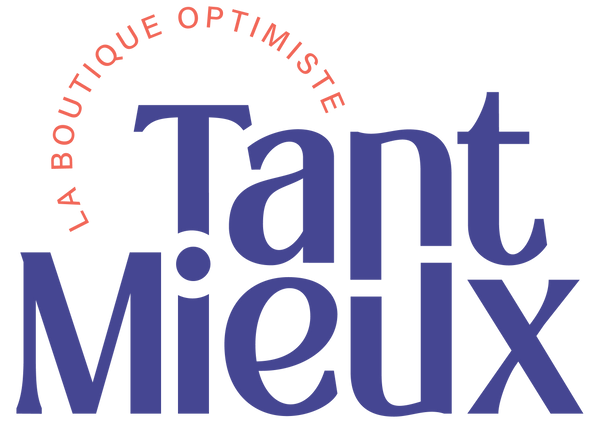


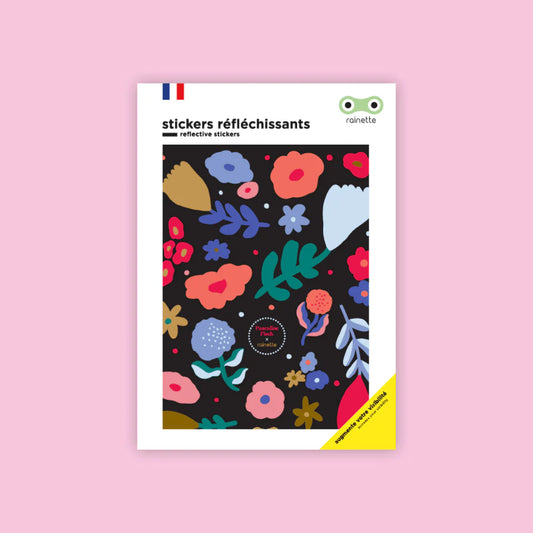

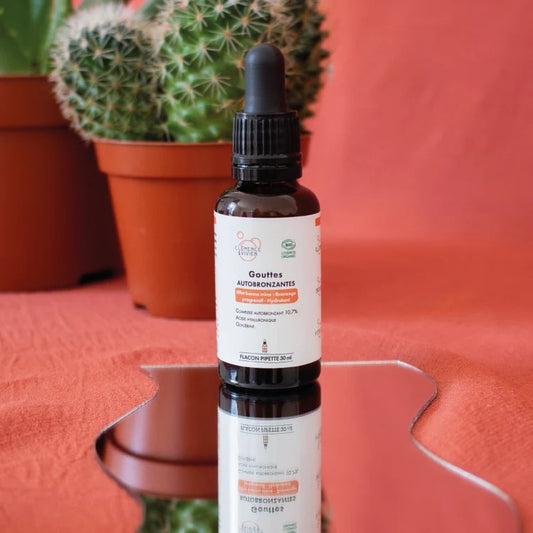



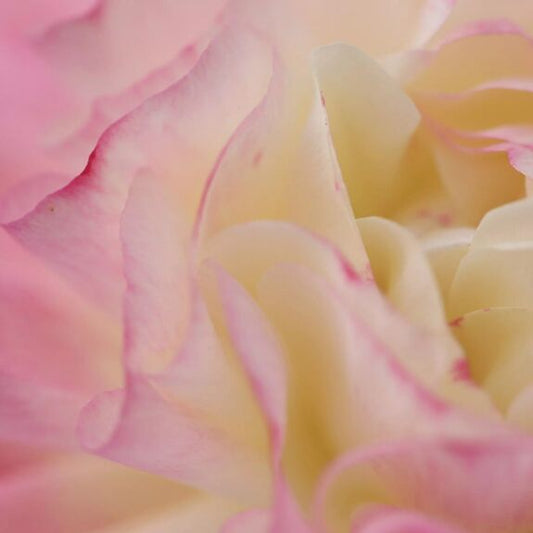



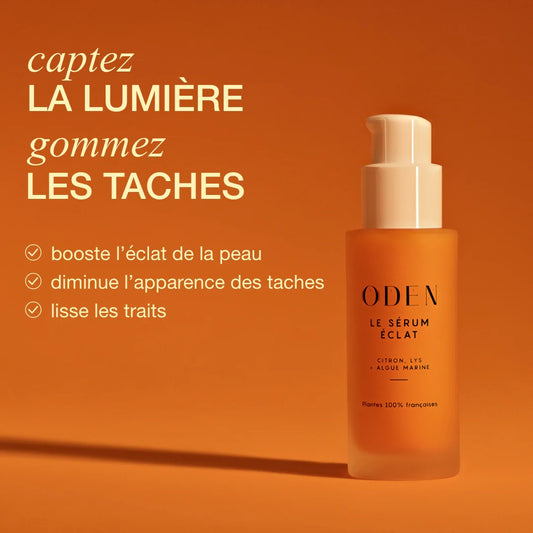

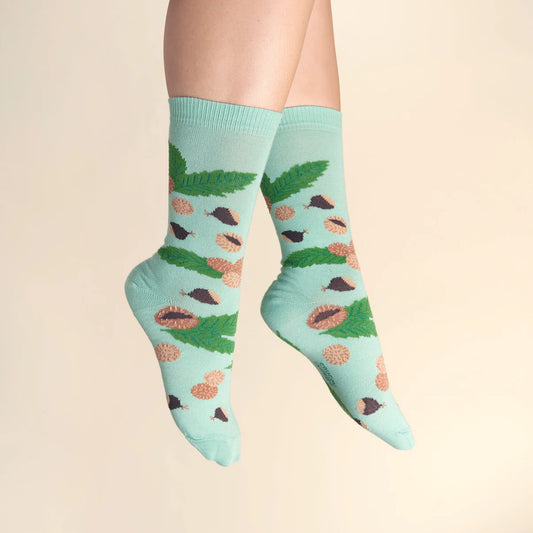

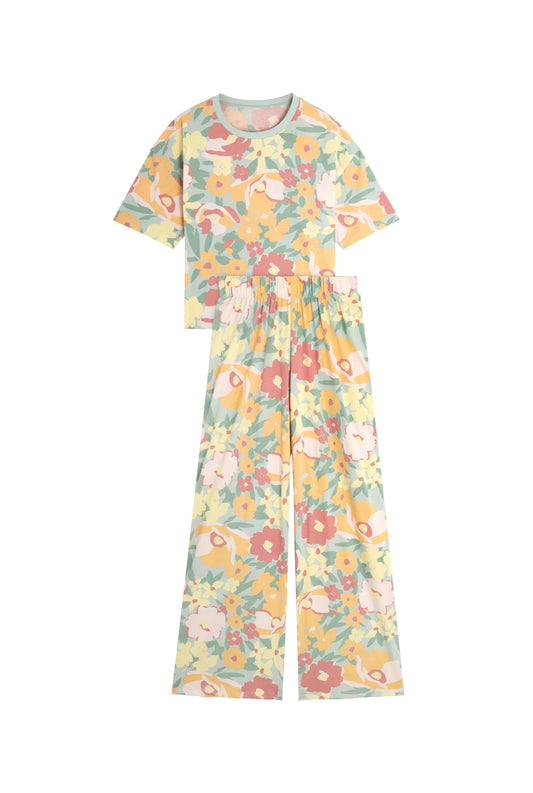



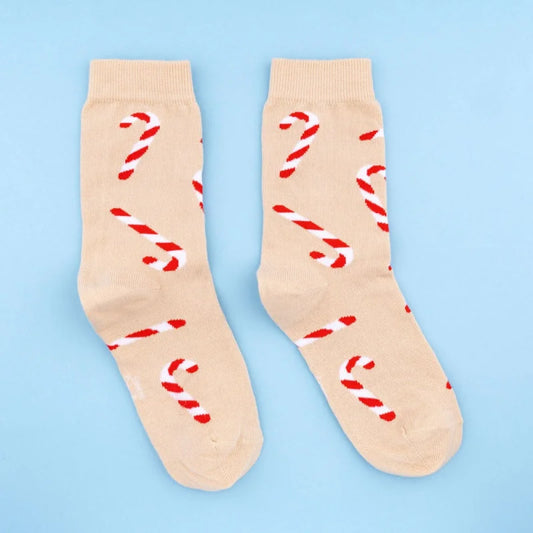

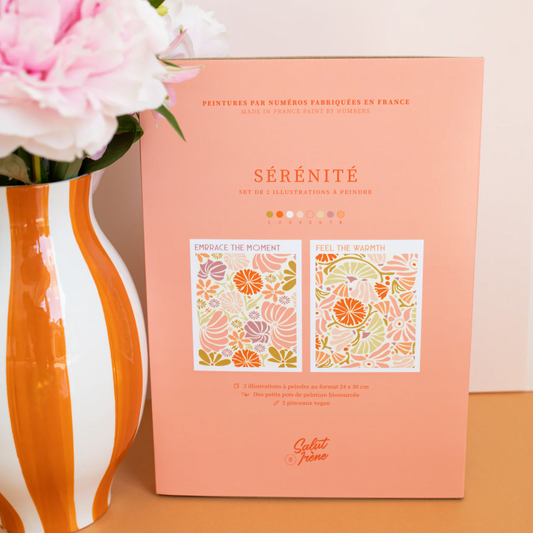



1 comment
Merci pour votre article qui fait beaucoup réfléchir.
Il faut vraiment être vigilant si on veut acheter responsable